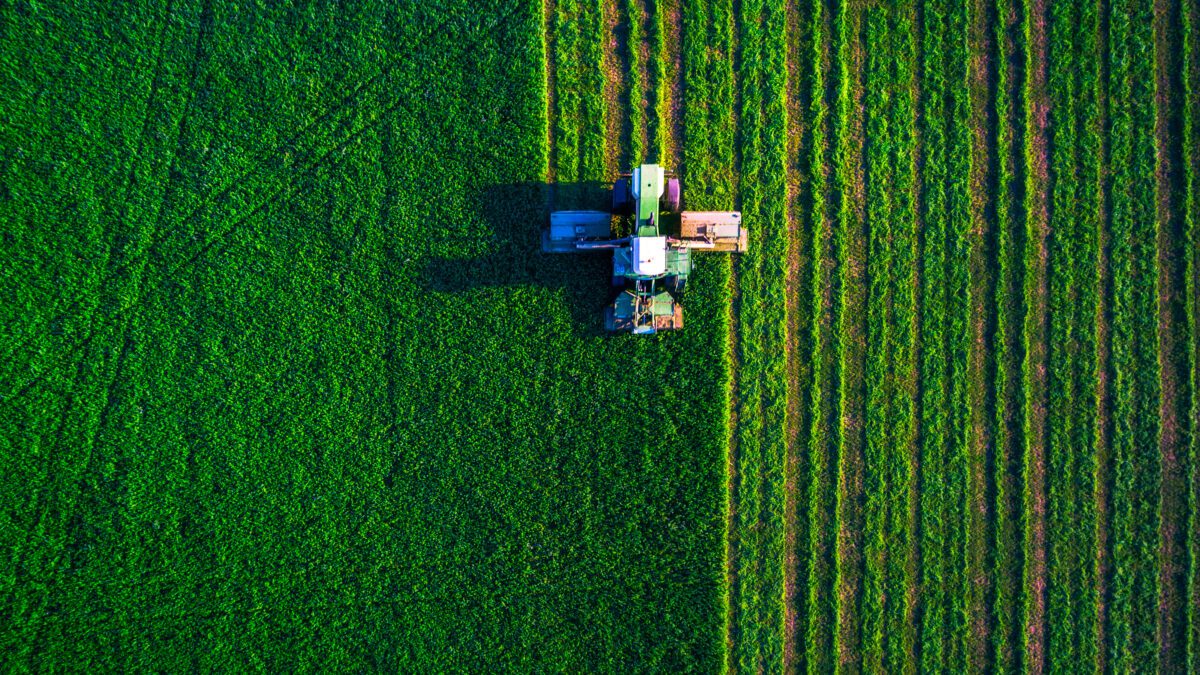The new Land Reform Bill being brought forward by the Scottish Government is seen as an important step forward in ensuring Scottish land is owned and used in the public interest, and to the benefit of the people of Scotland.
And given that a recent report on the contribution of estates to Scotland’s Wellbeing Economy found that farms and estates generate around £2.4 billion Gross Value Added (GVA), provide homes for nearly 13,000 families and land for around 14,000 rural enterprises, the importance of the Bill to Scotland’s economy cannot be overestimated.
But according to landowners’ association Scottish Land & Estates, the plans could “fail rural Scotland for generations” if the private business sector’s economic and environmental contribution is not embraced.
“The investment needed to reach net zero is huge and goes way beyond what government can do alone,” said Mark Tennant, chairman of the organisation. “It will require serious amounts of investment from the private sector and this is best delivered at scale, as opposed to a counter-productive political pursuit of increasing fragmentation of landownership.”
According to Tennant, there is a simple question for government about what it considers more important – achieving fragmentation of ownership or attracting large-scale investment to achieve net zero.
“The proposals risk endangering the substantial finance needed for landscape level projects to reach net zero,” he warned.
Linda Tinson, Partner at Burness Paull LLP, said that clear and effective land reform legislation could be helpful in facilitating sustainable land use, protecting natural resources, and supporting rural communities, but stressed that it is hugely important that any land use policies consider the needs and perspectives of the full range of stakeholders, including landowners, tenants, and local communities, and their various goals and aspirations.
“One serious concern of our clients is how the good practices currently being operated by them will be measured under any future support schemes and given the recognition they deserve,” she said.
“Sustainable land management is, and always has been, at the heart of all good land management. If a balance can be struck between competing interests and priorities, the Land Reform Scotland Bill has the potential to contribute to a more equitable and sustainable future for Scotland’s rural areas.”
Noting that the consultation proposes that for landowners to receive public funding from the Scottish Government for land-based activity, their land must be registered in the Land Register of Scotland, John Mitchell, partner at Anderson Strathern, said that, as significant areas of rural Scotland are not yet on the Land Register, this proposal could – if implemented – have a detrimental effect on some rural businesses.
“For example, a family farm that is not on the Land Register may not qualify for farm support payments in the future,” he said.
“Separately, there is no comparable requirement that can be applied to an agricultural tenant receiving public funding from the Scottish Government for land-based activity.
“Currently, carbon capture schemes on land within agricultural tenancies are impossible without co-operation, due to neither landlord nor tenant having the full rights needed. The flexible/mixed-use Land Use Tenancy is proposed as a solution to this issue. However, there is currently little detail available on this proposal, and there is a risk that it will be an unattractive option that is seldom used.”
Suggesting that there can be a tendency within the debate around land use for people to take polarised positions very quickly, Hugo Struthers, Head of Savills Rural in Scotland, suggests that, while issues will often divide opinion, there needs to be space for discussion, for nuance and the acceptance that it’s possible to be ‘for’ something in some places and ‘against’ it in others.
“Farming methods are never going to be a one-size-fits-all, and nor are environmental solutions,” he said. “Ultimately, it is the individual landowners and farmers who know their land best and they need to be free to make the right decisions for them.
“Instead of pulling in different directions, the rural sector needs to recognise all its strengths; whether that’s providing environmental solutions, food security or aiding in the nation’s wellbeing – indeed ‘stacking’ this range of enterprises is hugely compelling.”
If there’s one thing we can all agree on, it’s that the Land Reform Bill is setting out the grounds for debate and generating ample food for thought in the process.



